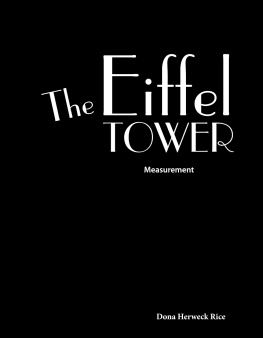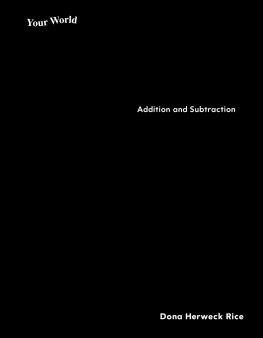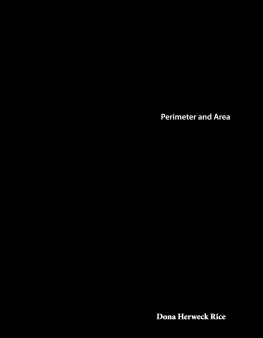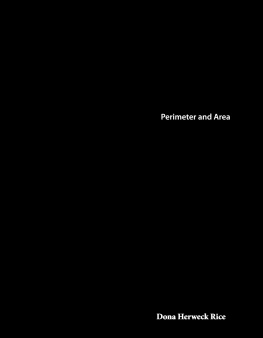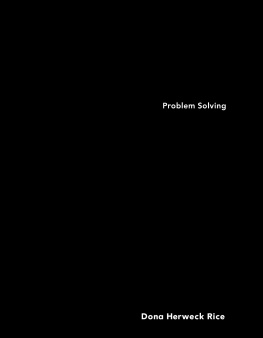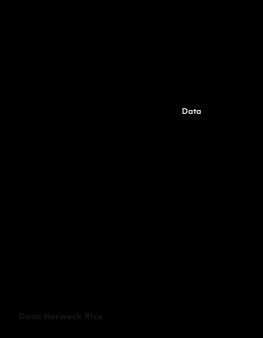0covercover.xhtmlcover1page0001page0001.xhtmlReader's Guide 1. Why is deception so prevalent in the world? 2. How can you spot deceptions in media? 3. Do you think deception has any benefits? How about truth? Explain your reasoning. 4. How many deceptions can you find online in just five minutes? Using the tips in this book, find examples of fake news, advertisements, or editorials disguised as news.22page0002page0002.xhtml DECEPTION Real or Fake News?33page0003page0003.xhtml44page0004page0004.xhtmlTable of Contents Power of Deception 4 A World of Deception 8 Information Literacy : Why It Matters 15 Don't Get Fooled Again 22 Types of Information 26 The Bottom Line 40 Glossary 42 Index 44 Check It Out! 46 Try It! 47 About the Author 4855page0005page0005.xhtmlPower of Deception What if they find out? How do I win? What if they don't like me? Most people say that honesty is the best policy; nonetheless, the art of deception is alive and well in the world. The proof is everywhere. In schoolyards, children deceive teachers to avoid getting into trouble. On billboards, print advertisements, and commercials, companies may deceive consumers to sell more products. In courtrooms, lawyers may deceive juries to help their clients be cleared of charges. In government offices around the world, politicians may use deception to generate more votes and support. Honesty may be a good policy but deception can rule the day.
Honesty Is the Best Policy "Honesty is the best policy" is an old proverb. But no one knows exactly how old. The first known use of the phrase is in the writings of Sir Edwin Sandys, an English businessman and politician, in 1599. He included it in a book he wrote about religion in the Western world.66page0006page0006.xhtml
Power of Words Merriam-Webster. com lists nearly 70 synonyms for deception. In contrast, there are fewer than 25 for truth.77page0007page0007.xhtmlDeception can be a tricky business, though. One lie may require more lies to protect it, and soon the deceiver is swimming in a sea of lies. And, of course, once someone begins to deceive others, it may become easier for that person to continue the practice. Ironically, deception itself can be a deceiver, leading a person to believe that outcomes in life can be controlled. If I lie, the deceiver might think, then I can make everything work out in my favor. It also takes tremendous effort to keep a lie going. Holes in stories tend to spring leaks, just like holes in a dam. The truth, as they say, is out there and it has a way of coming forward. So where is the real power? Is it in the truth or does deception trump reality?
Truth Will Out "Truth will out" is another common proverb about truth and deception. It means that the truth will become known eventually. William Shakespeare wrote the phrase in his 1596 play, The Merchant of Venice : "...truth will come to light; murder cannot be hid long; a man's son may, but at the length truth will out. "88page0008page0008.xhtmlTHINK LINK Consider these questions to get to the truth about deception.? In your experience, is it easier to maintain deception or truth? Why do you think that is so?? What is the appeal of deception?? Can deception ever be a worthwhile or even moral practice?99page0009page0009.xhtmlA World of Deception Look around. Can you spot the deceptions? Advertisers reshape the truth, photographers alter pictures, and politicians make dubious claims. The lines between real and fake are easily blurred through technology, language, and more. "Lasts longer! " "Better than the rest! " "Nearly sold out! " "You must act now! " These and other attempts to shape reality can be found everywhere. The average person may change his or her appearance with high heels, makeup, body-shaping undergarments, stylized facial hair, and more. Are these things deceptive or do they simply enhance reality?
Notable & Quotable "Seldom can it happen that something is not a little disguised, or a little mistaken. " Jane Austen, author1010page0010page0010.xhtmlSTOP THINK... Photoshop software was invented in 1987. It was first sold to the public in the 1990s to make photographic images clearer. Now, the program is a standard tool for altering photographs. Anyone with the program and a computer can easily change images in a way that looks real. Look closely at these two images. The first is an unaltered photo, and the second has been edited with Photoshop.? Are you drawn to one image over the other? Explain why.? Is editing an image legitimate for personal use? What about for use in a newspaper or news magazine? Why, or why not?? Should it be legally required for a disclaimer to be printed with altered images so that it is clear that the image has been altered? Explain.1111page0011page0011.xhtmlAdvertising The purpose of advertising is to sell products or services; therefore, advertising claims can be misleading. For example, an ad may claim that four out of five dentists say that Toothpaste X is the best toothpaste. What that claim does not say is that the dentists surveyed are already Toothpaste X users. Perhaps they are all employees of the Toothpaste X company. Or maybe the whole statistic is just made up. After all, the truth can be hard to verify. Sometimes, advertisers buy ad space that looks like news. It may say "paid advertisement" in small print, but the purpose is to fool consumers. Such ads are especially common on social media.
Hurry! Offer Ends Soon Advertisers often use scare tactics to make a sale. They tell consumers that there is a special offer ending soon or that there i s a very limited supply of a product. Consumers feel a sense of urgency to make purchases right t away. But the truth may be that there is plenty available or that the price was doubled before the small discount was applied.1212page0012page0012.xhtml
Who Decides? Advertising controls much of the media. Most companies pay for their ads to be on television or in magazines. Advertisers usually buy time or space in sh ows or magazines that fit what the co mpanies think their customers will like.1313page0013page0013.xhtmlFake News Credible news sources should be truthful. However, anyone can create a news story on the Internet. Thanks to social media, those stories can easily reach millions of people. They may be "liked" or "shared" by those in positions of power or influence, which lends them credibility. Real news can also be manipulated. It can be one- sided. Information may be left out. The news may also be presented as an editorial rather than informational. Why would anyone create fake news? There are two main reasons. Some stories are meant to be satire and make people laugh or think. Not everyone understands them that way. Others are deceptions that are meant to influence votes or purchases.
Notable & Quotable "Terrorism and deception are weapons not of the strong but of the weak. " Mahatma Gandhi, sociopolitical leader1414page0014page0014.xhtml Cut! Print! If you see footage of something, it must be true. Right? Not always. Video and film can be as easily manipulated as photographs. Pieces can be clipped out, sound can be altered, or sound or images can be added to change the content. Modern technology allows all of these edits and manipulations to seem completely authentic.1515page0015page0015.xhtml Notable & Quotable "Never assume the obvious is true. " William Safire, journalist1616page0016page0016.xhtmlInformation Literacy : Why It Matters While examples of deception may be found everywhere, no one has to be a victim of it. People can learn to assess what they see, hear, and read and make judgments about information. This is not always easy. It can take some work and thought to figure out what is true. Sometimes, people who deceive others are banking on the idea that people do not want to do that much work. A careless population can make their job easy. But a literate population one that reads and thinks for itself can be bad news for deceivers. This is why people need to learn information literacy. What exactly is information literacy? It is a set of skills. These skills give a person the ability to find, assess, understand, and use information that is shared in print, film, or other media.







